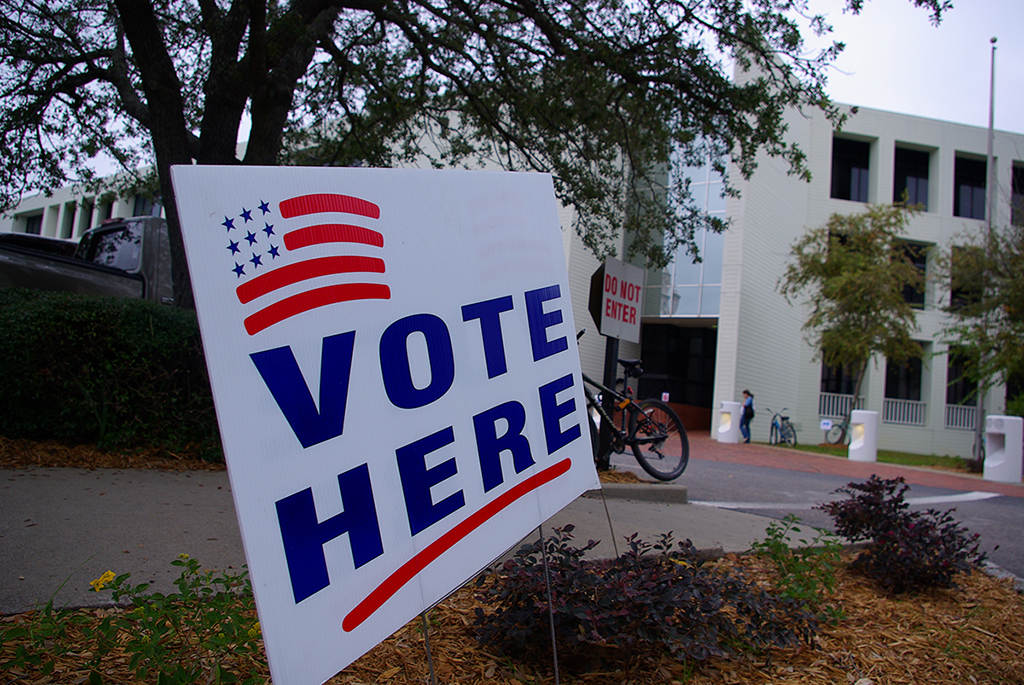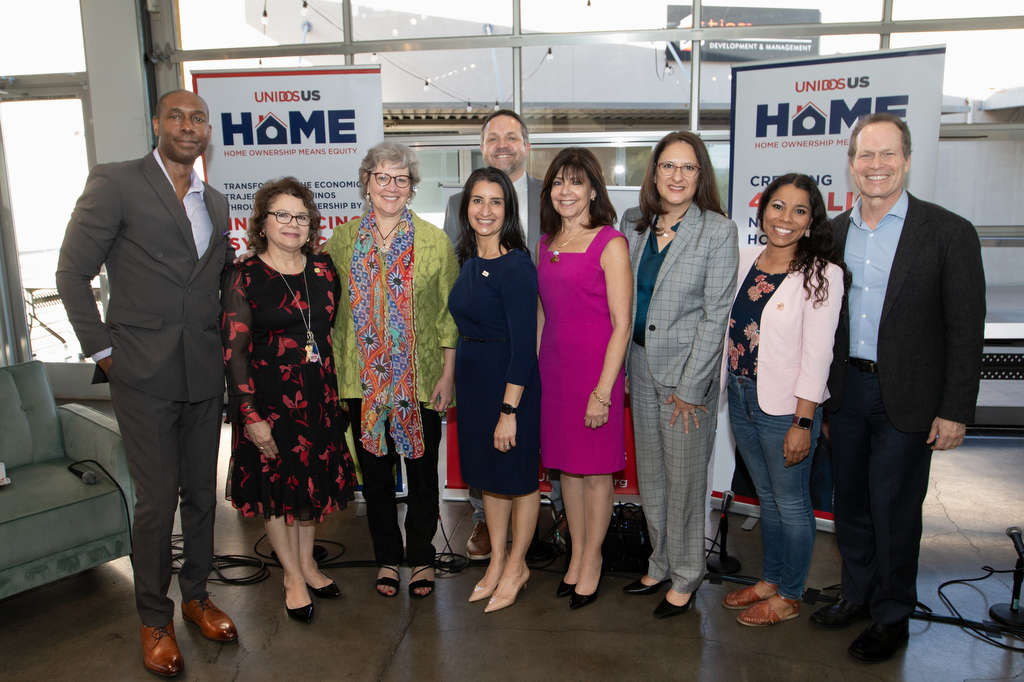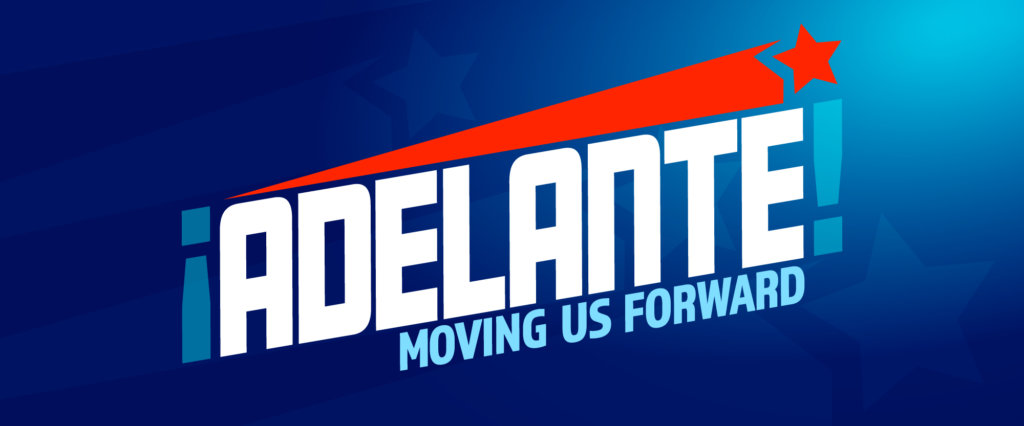Arizona and North Carolina Election Day Debacles Make Case for Restoring the Voting Rights Act
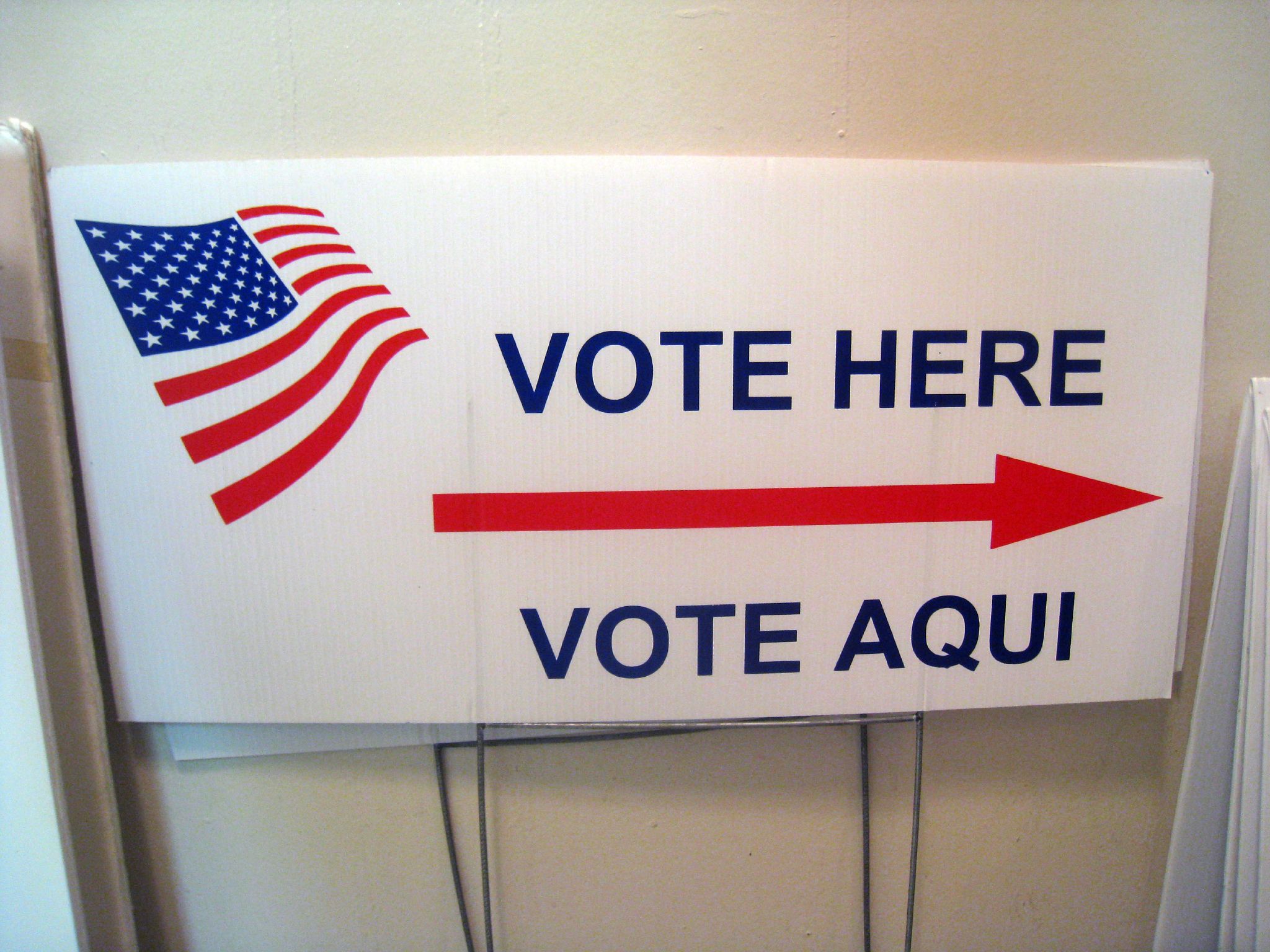
If you watched the news reports coming out of the primary contests in Arizona and North Carolina in March, you might think this election was taking place in a burgeoning democracy—a country that hasn’t quite figured out how to guarantee the voting rights of its citizens on Election Day. Lines to vote snaked around corners of buildings in Arizona, while thousands were blocked from voting in North Carolina for not having the proper identification to vote, a product of misinformation over the state’s new voter ID law.
If Congress needed any more evidence to suggest that the Voting Rights Act (VRA) must be restored, they got it in the Arizona and North Carolina elections. What happened in these states underscores the destructive nature of the Supreme Court’s decision to gut the VRA three years ago. That ruling struck down a provision requiring states with historic records of discrimination to undergo preclearance review of any proposed changes to their elections law.
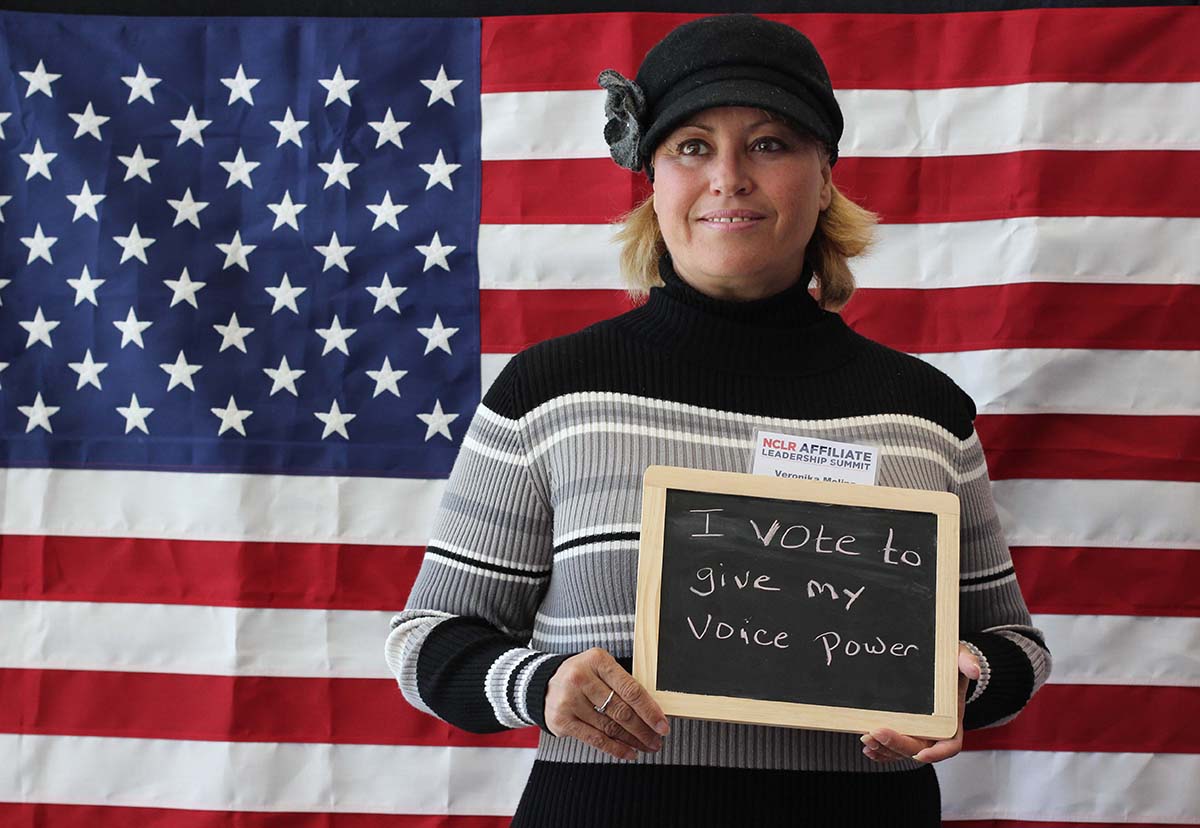
Just last week in Maricopa County, Arizonans attempting to vote were met with excessively long lines because the number of polling places was reduced by nearly 70%. In comparison to 2012, when there were 200 polling places, this year there were just 60—one polling place for every 21,000 voters in the county. The Nation magazine reports that the last voter in the state cast their ballot at 12:12 a.m. after standing in line for five hours.
Election officials claim the decision to reduce the number of polling places was made to save money. But, as Ari Berman notes, before the Supreme Court struck down the preclearance requirement, the decision to close polls would have been subject to federal review. Maricopa County officials would have likely been questioned about its impact on voters, especially in communities of color.
The consequences of the Supreme Court’s decision are not limited to Arizona. Just before it held its primary contest, 218,000 voters in North Carolina were barred from voting because of that state’s voter identification law. The law was passed just a month after the high court’s decision.
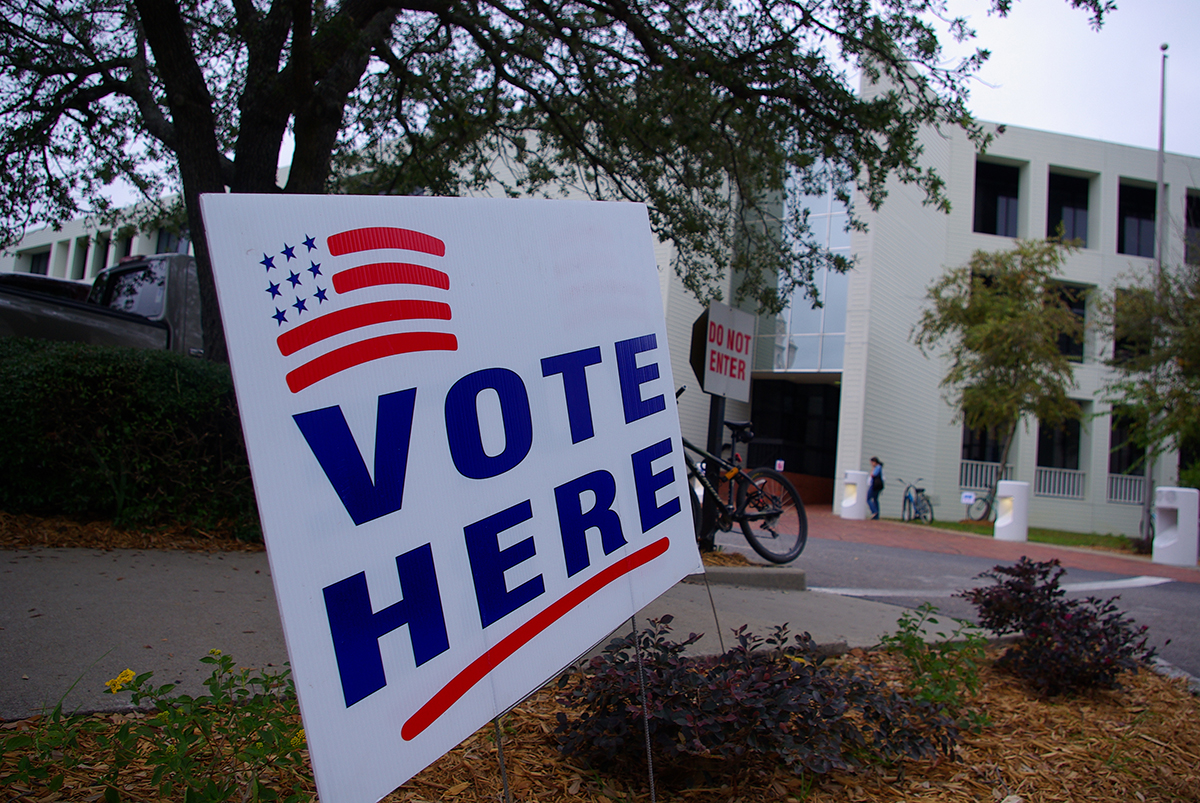
Many of those turned away were college students. From ThinkProgress:
Early voting offered a glimpse of the problems that will arise on Tuesday—during the past ten days of early voting, many college students were blocked from the polls. North Carolina’s WRAL reported that 864 people across the state had cast provisional early ballots because they did not have acceptable forms of ID, and four of the five counties with the highest concentrations of provisional ballots from voters without ID were in places with college campuses.
As the primary campaign turns to the general, we can surely expect to see more consequences of a weakened Voting Rights Act at play.
To ensure the integrity of the upcoming election—one that is indisputably critical—Congress has a responsibility to expeditiously reauthorize the Voting Rights Act to strengthen voter protections with additional safeguards that reflect the country’s current demographic changes. A new Voting Rights Act will strengthen and improve our republic.

